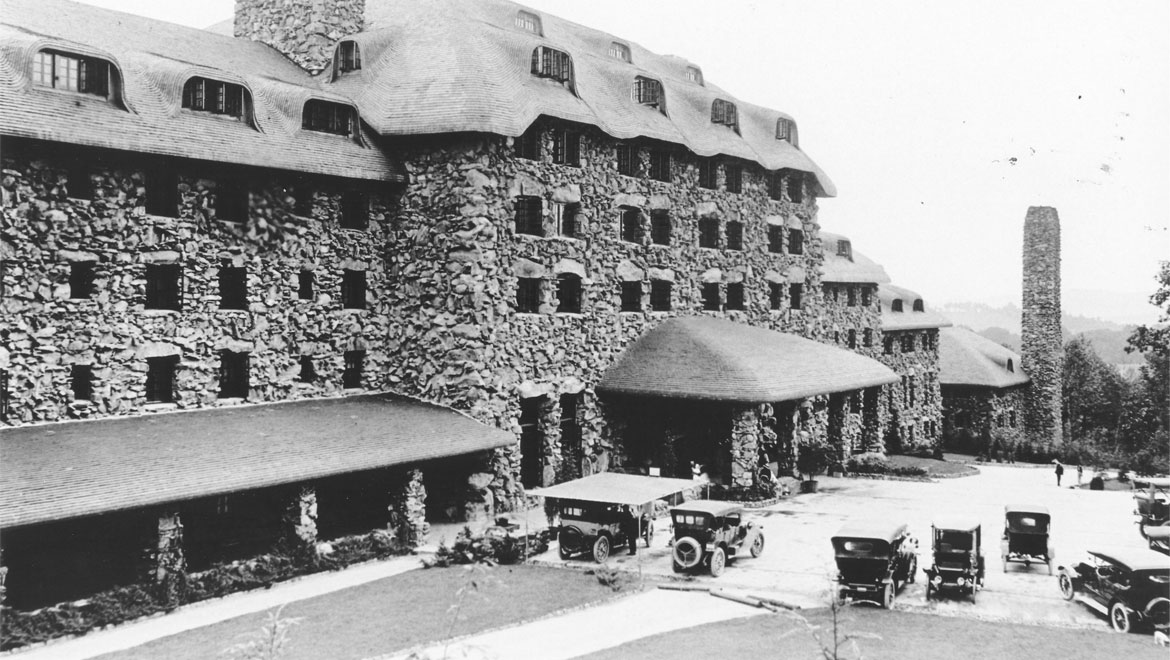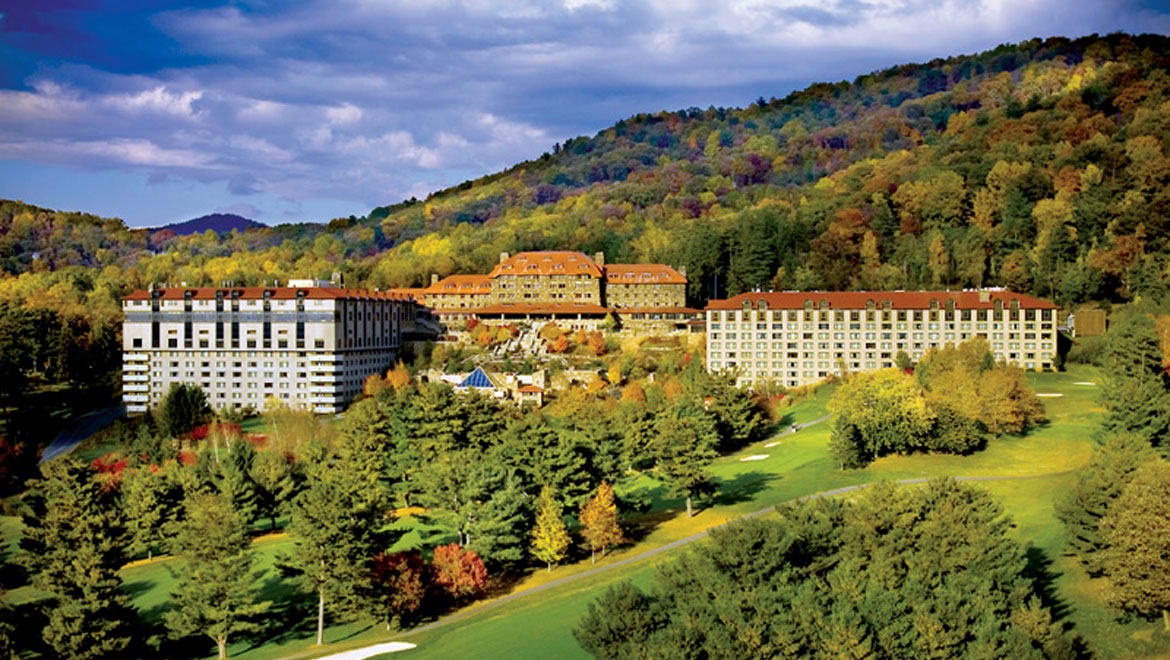
Fishing in Twitchell Creek, NY (1903)
Posted on 06/29/2017 5:25:38 AM PDT by SJackson

Fishing in Twitchell Creek, NY (1903)
If you’re going camping this summer, will you rough it on a wilderness hike, or relax in a yurt at a four-star resort? In the late nineteenth century, the tension between savoring the wilderness and recreating civilized life outdoors was very much on the minds of the first recreational campers, as Phoebe Kropp explains.
After the Civil War, camping went from a necessity for soldiers and transient people to recreation for the upper-middle-class. Kropp argues that Victorian-era campers were playing around with the concept of comfort. For the upper-middle-class, keeping a comfortable home—rather than an impoverished or luxurious one—was a sign of respectability. But being “too comfortable,” or over-dependent on civilized society, was a danger.
Camping wasn’t so much a way to experience nature as a chance for people to provide for their own necessities and modest comforts far from the advantages of civilization. Early twentieth-century camping advocate Horace Kephart urged over-civilized men to “go where he can hunt, capture, and cook his own meat, erect his own shelter, do his chores.”
In a journal published in Outing magazine in 1893, writer Charlotte Conover described arriving in the Rockies with eight family members: “The magnitude of our undertaking dawned on us… Nothing to sit on, sleep on, eat on, or cook on; no place to lay a thing down or hang it up; two miles from an egg and six miles from a safety-pin.”
But Conover and her fellow campers quickly found pleasure in recreating a home in the wilderness.

Fishing Victorians From New York Commissioners of Fisheries, Game and Forests report (1898) (via Wikimedia Commons)
Camping brought the domestic work typically done by women into full view. One woman described her husband’s enjoyment of washing dishes in a creek, scouring them with mud and moss. “This recognition prompted the question of who exactly produced the comforts of civilization in an era where the definition of home came to center upon the purported absence of productive labor,” Kropp writes.
For many well-to-do campers, of course, the people who actually did much of the domestic labor at home were servants. That raised the question of whether to bring hired help along on a camping trip. Some families saw camping as a vacation from managing servants, while others appreciated not having to cook or wash the dishes themselves.
In other cases, campers hired “guides” who might explain the local landscape, handle unpleasant chores, and contribute to the campers’ spirit of adventure by embodying entertaining stereotypes. “The ‘Canuck guide,’ the ‘Chinaman cook,’ and the ‘Indians’ became stock characters in some campers’ stories, who contributed equal parts expertise and ethnic flavor,” Kropp writes.
On the whole, though, the appeal of camping was a simplified vision of “natural life” that offered potential real-world lessons.
“Camping became a reassuringly traditional platform on which to audition modern family arrangements, like the servantless household, the corsetless woman, the suburban backyard,” Kropp writes. “Camping made these developments appear to belong more to the familiar figure of the pioneer than an unknown future society.”
At my age, “roughing it” is slow room service.
And then there’s Geo. Vanderbilt’s summer escape..Biltmore Estate in Asheville, NC.

In our family photo albums, there are pictures of a woman wearing a striped skirt like that. Must have been a "thing" back then.
LOL! I hear you.
I remember vintage photos of duck hunting clubs from the 1920’s where all of the hunters were dressed in suits and ties (even while in canoes or standing in the reeds with a brace of ducks). I suppose that ducks were much more abundant and a lot dumber back then, so that camouflaging yourself wasn’t a priority.

“Thomas Edison visited the Grove Park Inn with three very good friends, and they tended to make this an annual stop,” Johnston-Crum says. “In fact, those friends were Henry Ford and [Harvey] Firestone. They called themselves the vagabonds.”
The three traveled in big caravans and, when they weren't at the Inn, arranged for full dinner services beneath a tent. (To see a video of the to-do, search for “vagabonds” on pbs.com.) Ford built specially outfitted cars that included refrigerators and other upgrades for their expeditions."
Grove Park Inn - Then
 Grove Park Inn - Now
Grove Park Inn - Now

If you go around to the front of the Inn as in the ‘Then’ pic, it still looks the same.
My wife and I had our wedding luncheon there . Fabulous
IMO the Sunday Brunch Buffet at the Grove Park Inn is the best value in dining I’ve ever had.
One room of breads, rolls, sweet rolls, danish pastries
Another with cold cuts (no baloney,) shrimp, cheeses, etc.
Another with hot full meals, pastry wrapped pork tenderloins, beef, sides, and on and on.
Still another with desserts, fancy desserts.
Oh, and Belgian waffles, omelets made to order,
A 2-3 hour gluttony experience. :^)
A great read. My imagination had me in hysterics after reading about some surveyors who kept a collection of live tarantulas in jars and stacked them up on a shelf in their cabin.
A storm came up in the middle of the night and knocked the roof off an adjoining building, hitting the cabin. In the following turmoil as everyone scrambled, someone knocked the shelf over with a resounding crash and tinkle.
Can you imagine, in the pitch black darkness, someone yelling “Turn out, boys—the tarantulas is loose!”
Please add me to the ping list.
Disclaimer: Opinions posted on Free Republic are those of the individual posters and do not necessarily represent the opinion of Free Republic or its management. All materials posted herein are protected by copyright law and the exemption for fair use of copyrighted works.